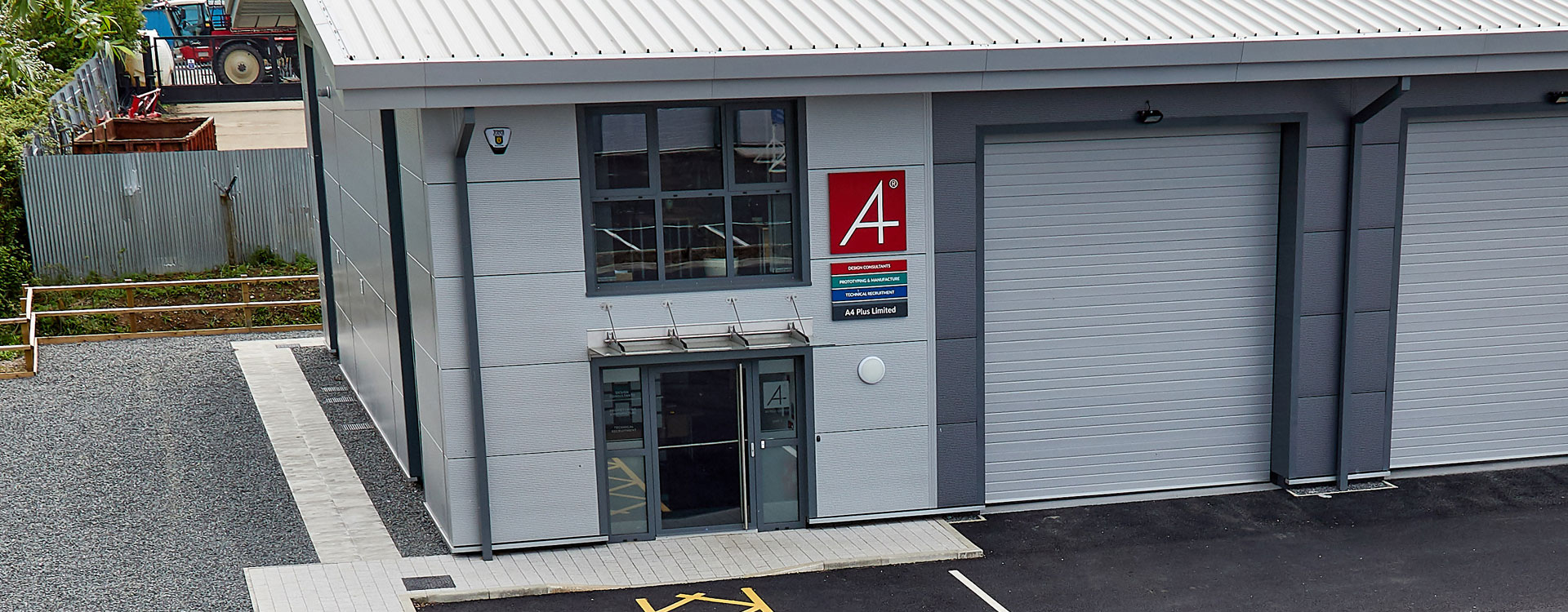

How to Win At Competency Based Interviewing
Congratulations on being invited for an interview – all that crafting of your CV, writing the perfect cover letter and trawling through job ads has finally paid off.
Now you just need to prepare.
You’ve researched the company, looked at what’s going on in the industry and thought up some killer questions.
Then you get told it’s going to be a competency based interview.
Don’t panic, competency-based interviews are a great opportunity to talk about some of your finer moments. But you need to prepare, winging it definitely won’t do you any favours.
What is a Competency-Based Interview?
Competency-based interviews (also sometimes called situational or behavioural interviews) are designed to evaluate just that, competence, rather than industry experience or qualifications. What a competency based interviewer really wants to know is whether you have the right skills to take on the position.
Competency-based interviewers use questions which enable you to highlight how you’ve used specific skills (competencies) in previous circumstances. You’ll be asked to demonstrate these using situational examples from your life experiences; showing your personality, skill set and individual competencies.
While questions about industry experience won’t typically be part of the interview, you may be asked about your knowledge of the company and industry you’re interviewing for. This shows interviewers your commitment to that career, as well as your career motivation.
Why would an employer use a competency-based interview?
Competency-based interviews are often used in first interviews. They’re particularly useful when previous experience in an industry is not seen as essential, for example an entry-level or graduate position.
While a common interview style for finding graduate-level candidates with ‘raw talent’, competency-based interviews are becoming increasingly popular at all levels of recruitment. This is because they provide valuable insights into an individual’s preferred style of working, and can help predict future behaviours in situations.
What Are Competencies And Which Ones Are Key?
Type ‘what are key competencies?’ into Google (or let us Google that for you) and you’ll find thousands of articles, wiki links and websites listing hundreds of terms. Not to be left out we’ve included a few below:
- Teamwork
- Responsibility
- Communication skills
- Leadership
- Problem-solving
- Influencing
- Integrity
- Risk-taking
- Organisational awareness,
- Analytical thinking
When you’ve been invited to a competency-based interview it’s vital you research the specific industry, company and role you’ll be interviewing for.
We’ll cover this later in the article (see ‘How Do I Prepare for a Competency-Based Interview?) but in short:
- Look at any relevant professional bodies or associations to get an idea of the general qualities needed.
- Review the company’s website to get a sense of the competencies they value.
- Analyse the job specification; this’ll be full of the competencies they’re looking for.
What Types of Questions Will be asked in Competency Based Interviews?
The interviewer will ask questions that allow your answers to show key competencies, such as:
- Tell me a time when…
- Can you think of an example of how/when…
- Describe a way in which you…
The challenge for you is to relate your answers back to the key competencies you’ve identified them as looking for. You then need to include these in your answer, while keeping it clear and concise.
How Do I Prepare for a Competency-Based Interview?
I’m sure you’ve heard the expression ‘fail to prepare, prepare to fail’ – this could’ve been written for competency-based interviews. You really do need to put the effort in. Even if you’re amazing at thinking on your feet in stressful situations, it’ll be easy for the interviewer to spot whether you’ve done your research or not.
As we already mentioned, it’s a good idea to look at the industry (relevant professional bodies, associations etc.) to get a general idea of the qualities needed. Then review the company’s website to gain a better understanding of their company culture and what skills they value. Finally, and most importantly, analyse the job specification.
Pick out some of the key competencies stated in the job description and think of examples that show you have these. For example, if they’re looking for someone with excellent teamwork and leadership skills, think of a scenario in which you’ve demonstrated this.
Your examples can be from a previous job, your education or related to a hobby or other extra-curricular pastime, such as sports teams or society you’ve been a member of. Reciting academic or obvious work achievements won’t necessarily distinguish you though, so try to think of something that shows your aspirations and values.
When structuring your answer, the STAR model is a useful way of communicating key points clearly and concisely, especially if you’re not used to answering competency-based interview questions.
STAR model: Situation, Task, Actions and Results:
- Situation: briefly describe a challenge and situation in which you found yourself in (who, what, where, when, how).
- Task: explain the activity, what did you have to achieve?
- Actions: Describe the specific actions you took, highlighting the desirable skills.
- Results: What did you achieve? What was the outcome of your actions?
Try to keep your STAR story to 1 to 3 minutes tops. Remember actions and results are the most important part, so try not to spend too long on describing the situation or task (about a sentence for each is ideal).
Adding a simple statement at the end can help to reinforce the message (“We worked hard, but it was worth it.”). And remember to tie your story back to the competency the interviewer is looking for.
Here’s an example:
- Our team was asked to present to a potential new client / prospect (Situation).
- We needed to give an overview of our company and tell them about a specific product which we hoped they’d order (Task).
- I researched the prospect thoroughly, identifying how our product could specifically help them. I then worked with the team to create a bespoke presentation which demonstrated this (Actions).
- The prospects appreciated the time and effort we’d put in, and said that personalising it their needs made it an easy purchasing decision. They put an order in on the spot and have been a client ever since (Result).
You can read more on the STAR technique, including potential questions and answers, over on the interview guy.
Top Tips for Competency-Based Interviews
We appreciate it’s a lot of information to take on board, but preparing in advance will put you at a distinct advantage. Here’s a summary of what we’ve covered:
- Before the interview pick out the key skills (competencies) highlighted in the job description.
- Have two pre-prepared examples of how you’ve displayed that attribute. (If you’re struggling to think of any then it’s possible the job might not be right for you.)
- Take these examples from a variety of places (education, jobs, hobbies, sports).
- Use the STAR technique to explain these examples in a clear and concise way.
- Practise your answers with a friend / family member
- Stick to the facts, they’re likely to delve deeper into your answers and any embellishments will be quickly found out.
Good luck and don’t forget to let us know how you get on =)




